Team GB hopes to do even better at Tokyo 2020
What are the main challenges for UK Sport if it is to maintain our sporting 'superpower' status?
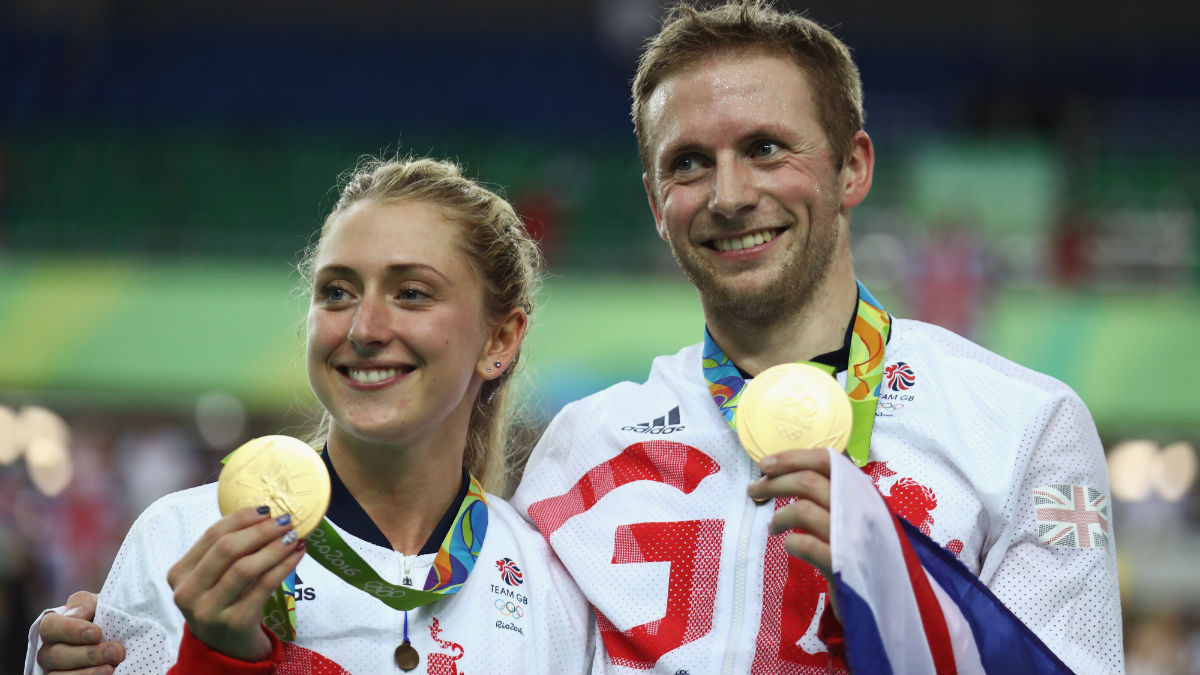
A free daily email with the biggest news stories of the day – and the best features from TheWeek.com
You are now subscribed
Your newsletter sign-up was successful
The UK has declared itself a sporting "superpower" in the wake of Team GB's outstanding performance at the 2016 Rio Olympics, but the pressure is already on for Tokyo 2020.
Can our athletes really expect to perform even better than they did in Rio?
"Increasing the medal total for a sixth successive Games in four years' time will be a huge task, but each sport has already submitted its medal targets for Tokyo 2020 and between them they believe they could bring back more than 70 gold, silver or bronze," says the Daily Telegraph.
The Week
Escape your echo chamber. Get the facts behind the news, plus analysis from multiple perspectives.

Sign up for The Week's Free Newsletters
From our morning news briefing to a weekly Good News Newsletter, get the best of The Week delivered directly to your inbox.
From our morning news briefing to a weekly Good News Newsletter, get the best of The Week delivered directly to your inbox.
But there are several factors that could affect Team GB's chances.
Stronger rivals
Topping the Rio medal tally will be a tall order, warns the Telegraph. "Japan will be a stronger home team than Brazil have been, Russia is likely to have a full complement of athletes rather than a team depleted by doping scandals, and underperforming teams such as China and Australia are expected to come back stronger."
It is no secret that the UK's huge investment in sport has had a massive impact on Team GB's results. Others are sure to follow suit and there is a danger Britain could find itself in the same position as Australia, which invested heavily in sport ahead of the Sydney Games in 2000.
A free daily email with the biggest news stories of the day – and the best features from TheWeek.com
Australia's slide down the medal table is partly because others have followed its lead, says Paul Connolly of The Guardian.
"So often the butt of sporting jokes, Great Britain threw dough at its sporting programmes in the lead up to London 2012 and has reaped the rewards," he says. "It was the same story for Australia heading into Sydney 2000, where Australia won 58 medals, 16 of them gold. And like Australia's performance at Athens 2004 (17 golds), Great Britain has maintained the rage after their home Games."
But Australia was losing momentum by 2008 and now finds itself looking up the medals table at "countries with bigger populations and bigger GDPs". Team GB could experience a similar fate.
Poaching the coaching
Team GB's success has been built on exhaustive preparations and attention to detail behind the scenes, something other countries could try to nab. "Another problem could be attempts by countries including China, Japan and the USA to lure away British coaches with big money offers," says the Telegraph.
UK sports are "bracing themselves" for a brain drain, warns The Times. "GB lost two coaches after London, but given the huge advertisement that Rio has been for British expertise, it could now be more," it says. "Most coaches are signed up for a four-year Olympic cycle and it is traditional that there is international movement in the marketplace after the Games. Some nations will have targeted future coaches already; others will have been watching the Rio Games with a view to whom they should hire."
However, the attention to detail that served Team GB so well could also help mitigate the threat. It is not just athletes who are being developed through the system; a production line of coaching excellence has also been established.
"We have a risk register of people most likely to be targeted, and a succession plan for our best coaches, scientists and medics," Simon Timson, UK Sport's director of performance, tells the Telegraph.
Hunters become the hunted
One of the striking things about Rio was the number of successful athletes who already had a medal under their belts. For every Adam Peaty and Max Whitlock, there was an Andy Murray and Mo Farah.
"Some of Britain's biggest stars of 2012 and 2016 are likely to be missing in 2020, including Mo Farah, who has said he wants to switch to marathon running and who will be 37 by the time of Tokyo," says the Telegraph.
"Jessica Ennis-Hill, 30, is also expected to retire before then, as is rower Katherine Grainger, 40, sprinter Christine Ohuruogu, 32, and cyclist Sir Bradley Wiggins, 36."
Triathlete Jonny Brownlee said he hoped to beat brother Alistair in Tokyo as he would be "older and greyer" by then. That will be the attitude of those hoping to topple other British champions. By 2020, track cyclist Jason Kenny will be the wrong side of 30 and while Laura Trott, at 28, will still be in her prime at 28, this time she will be the hunted, not the hunter.
Can the dynasty be maintained?
Team GB relied on a golden generation at Rio 2016. However, you cannot churn out athletes such as Farah, Murray, Trott and Wiggins at will and dynasties are destined to crumble. Linford Christie won men's 100m gold in 1992, but the last Brit to make the final of that event was Darren Campbell, who finished sixth in 2000. Similarly, in 1984, Seb Coe and Steve Cram were first and second in the 1,500m, while Team GB's last medal in the event went to Peter Elliot in 1988.
The challenge will be to adequately replace those who are no longer around in 2020 – and the plans are already in place.
"Unlike many other nations, GB's funding formula, which comes from National Lottery money topped up by government grants, works on the basis of an eight-year cycle, meaning that many of the 1,300 athletes being funded by UK Sport have been training for Tokyo, not Rio," says the Telegraph.
Teenagers such as weightlifter Rebekah Tiler and medal-winning gymnast Amy Tinkler are already Olympians, while rising stars including heptathlete Katarina Johnson-Thompson and swimmer Chloe Tutton should be ready to take centre stage, so the well has not run dry.
-
 How the FCC’s ‘equal time’ rule works
How the FCC’s ‘equal time’ rule worksIn the Spotlight The law is at the heart of the Colbert-CBS conflict
-
 What is the endgame in the DHS shutdown?
What is the endgame in the DHS shutdown?Today’s Big Question Democrats want to rein in ICE’s immigration crackdown
-
 ‘Poor time management isn’t just an inconvenience’
‘Poor time management isn’t just an inconvenience’Instant Opinion Opinion, comment and editorials of the day
-
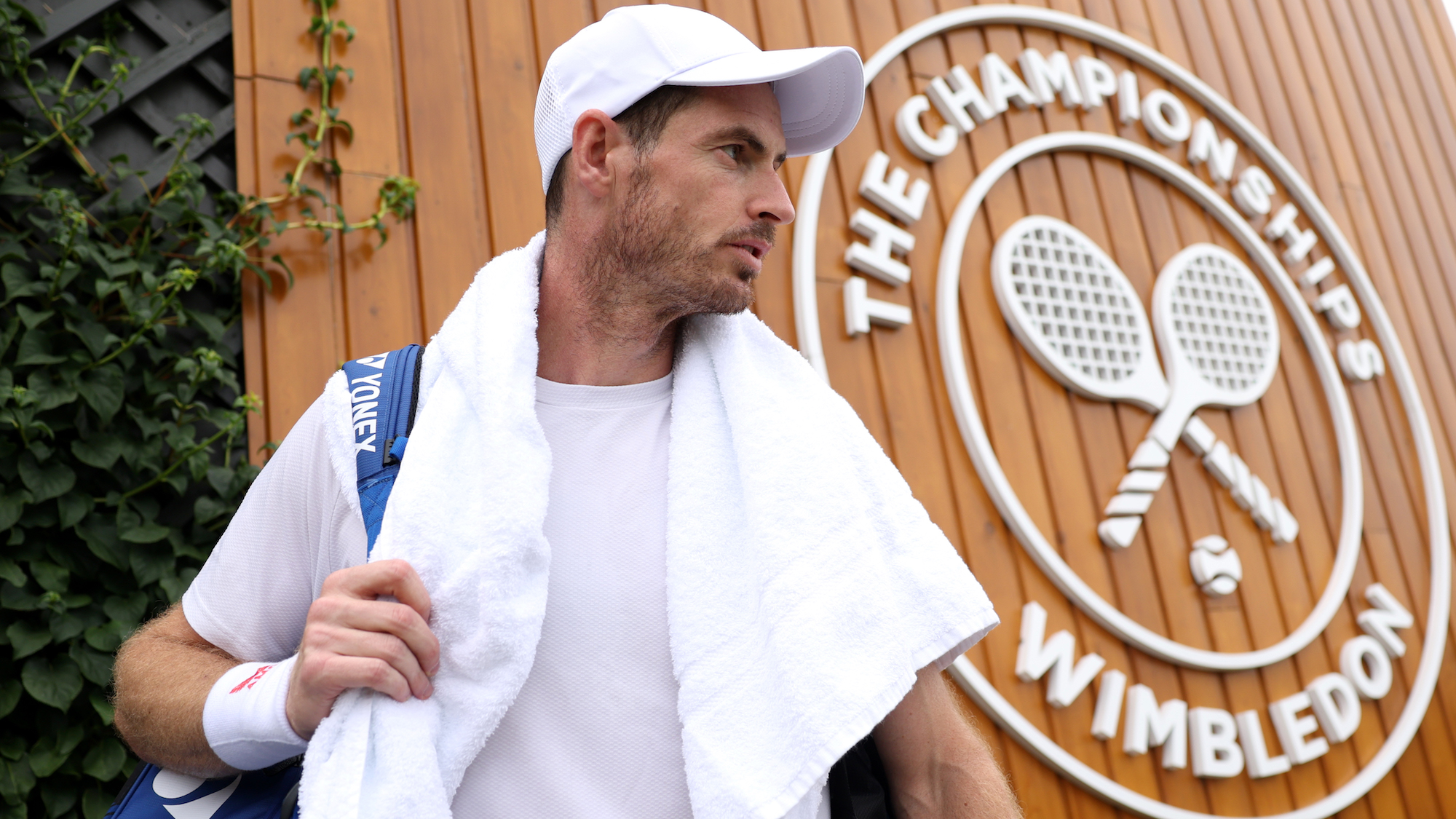 Andy Murray: Britain's greatest sportsperson?
Andy Murray: Britain's greatest sportsperson?Talking Points Injury denies Scot a final singles appearance at Wimbledon but his place in history is assured
-
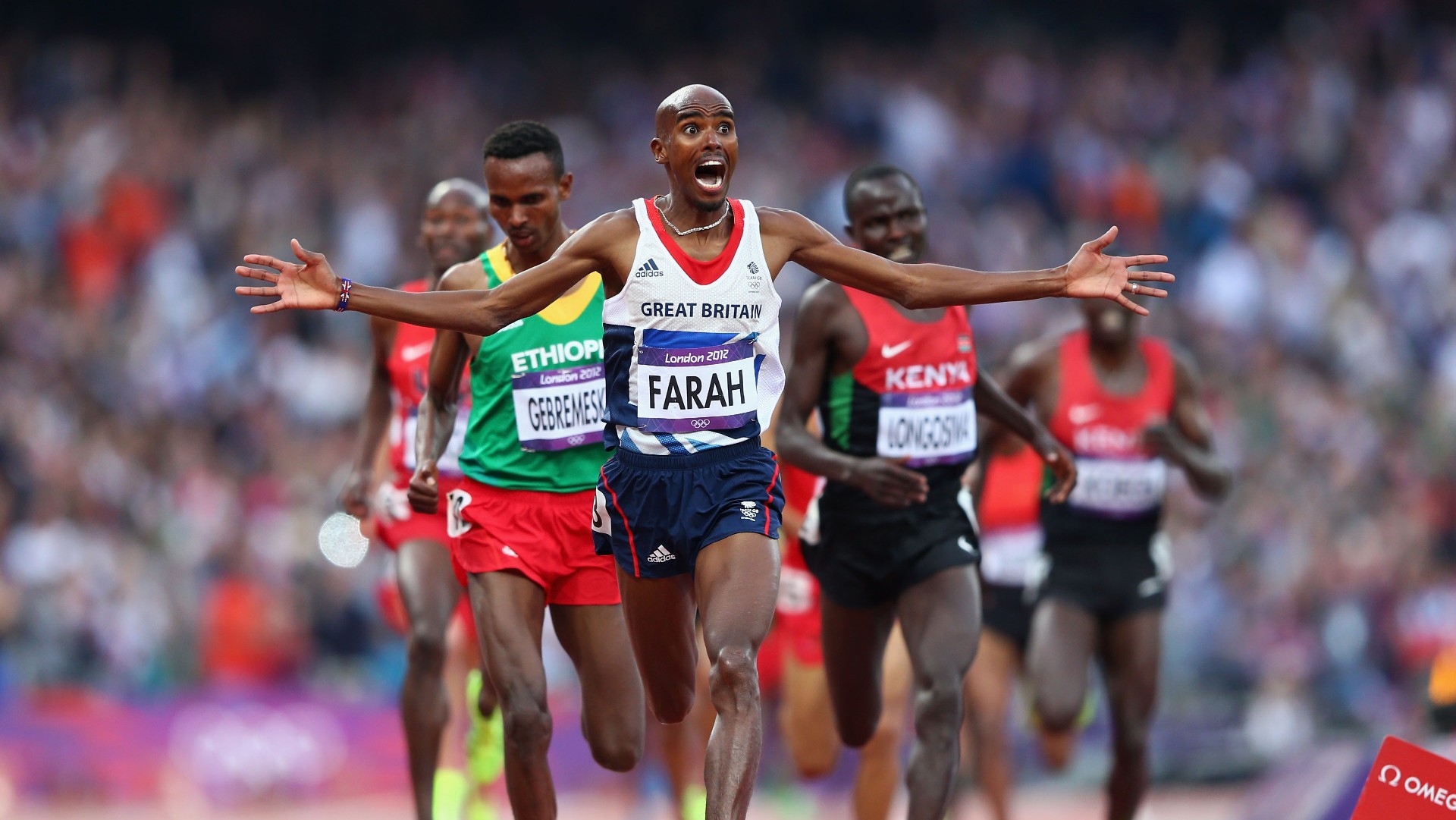 Mo Farah reveals ‘astonishing truth’ about his real name
Mo Farah reveals ‘astonishing truth’ about his real nameSpeed Read Olympic champion illegally trafficked to UK and forced into domestic servitude as a child
-
 ‘Absolutely pathetic’: Andy Murray defended over French Open wildcard
‘Absolutely pathetic’: Andy Murray defended over French Open wildcardSpeed Read Daniel Vallverdu and Jim Courier hit back at Mats Wilander’s criticism of the Scot
-
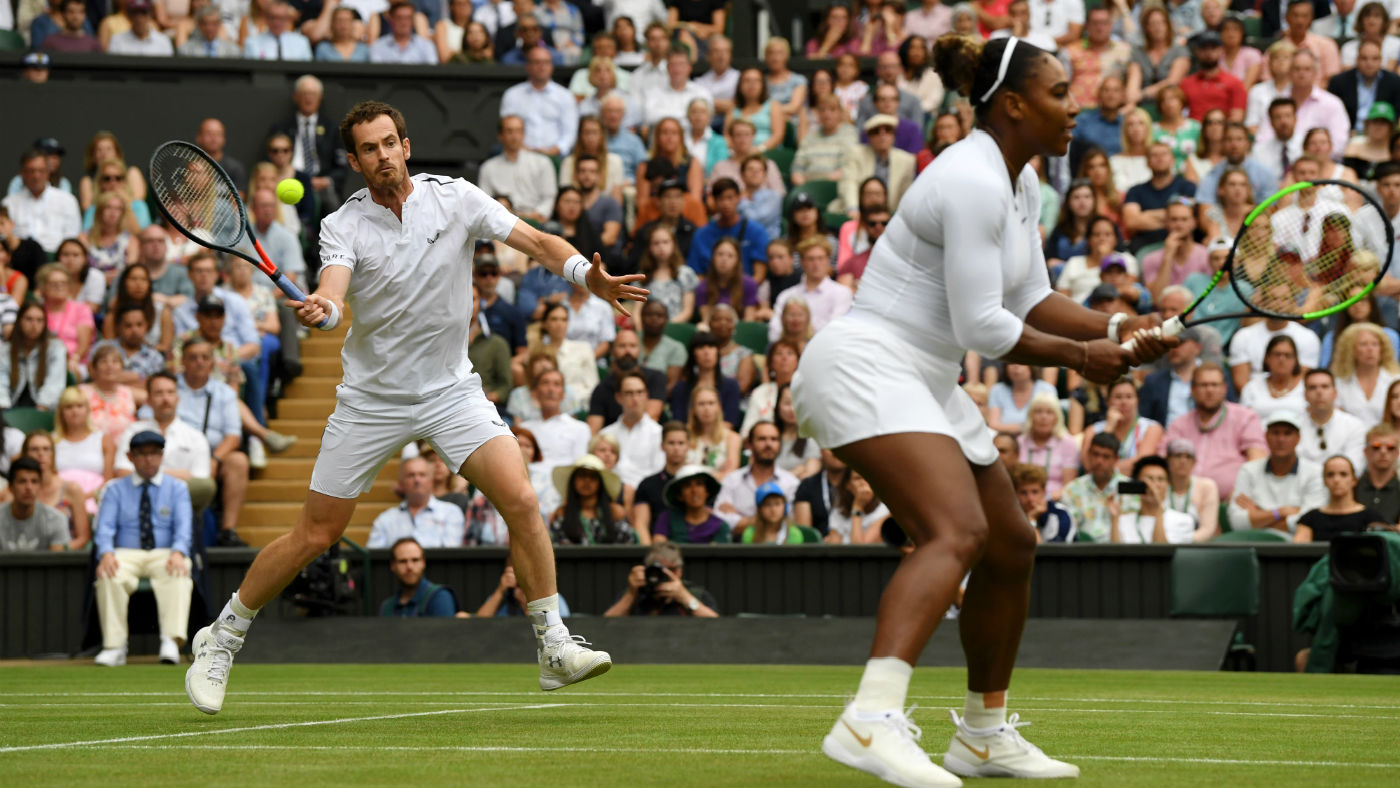 Andy Murray vows he’ll be back at Wimbledon next year
Andy Murray vows he’ll be back at Wimbledon next yearIn Depth Two-time winner expresses his sadness that the grass-court grand slam is cancelled
-
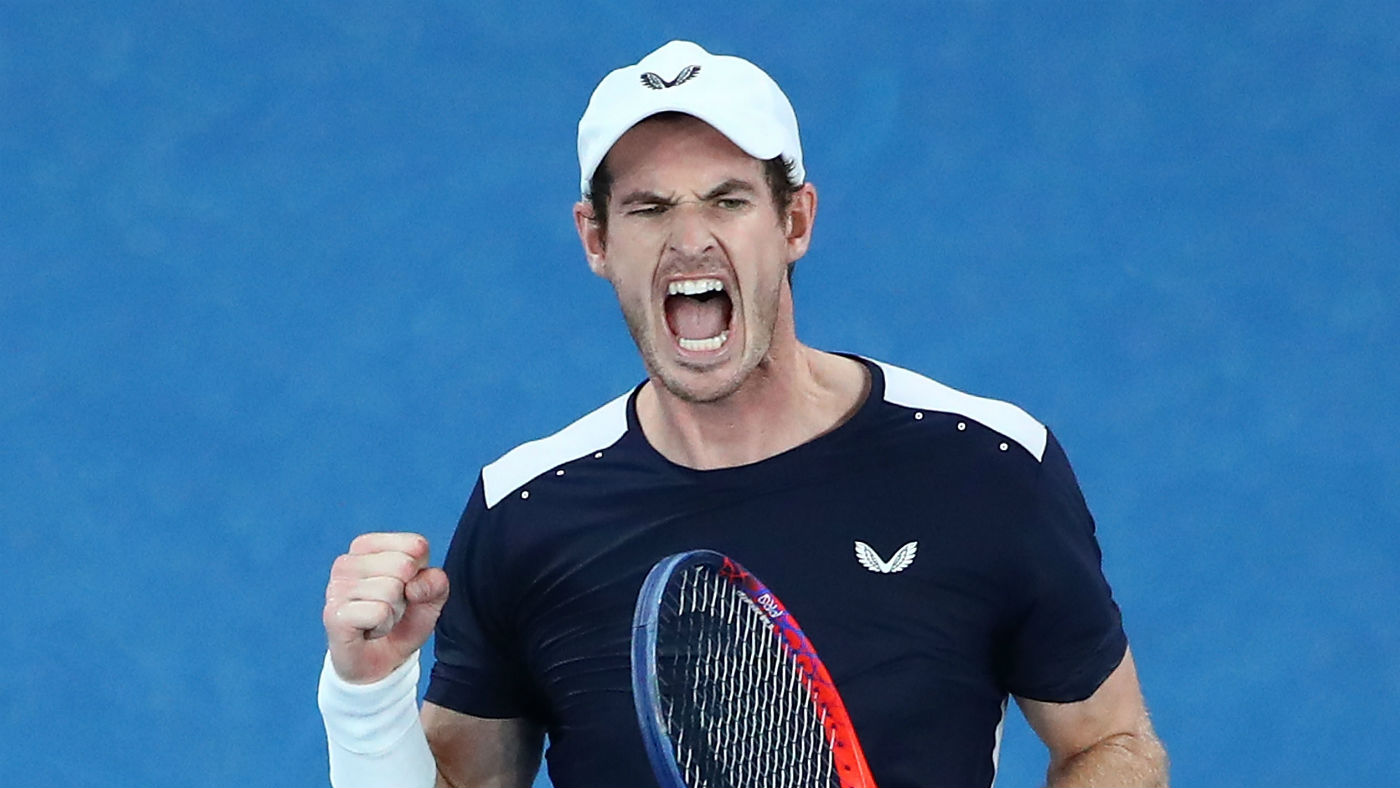 Sport shorts: Andy Murray could miss Wimbledon and Ireland vs. Italy Six Nations games are postponed
Sport shorts: Andy Murray could miss Wimbledon and Ireland vs. Italy Six Nations games are postponedDaily Briefing Ten things from the world of sport on Wednesday 26 February
-
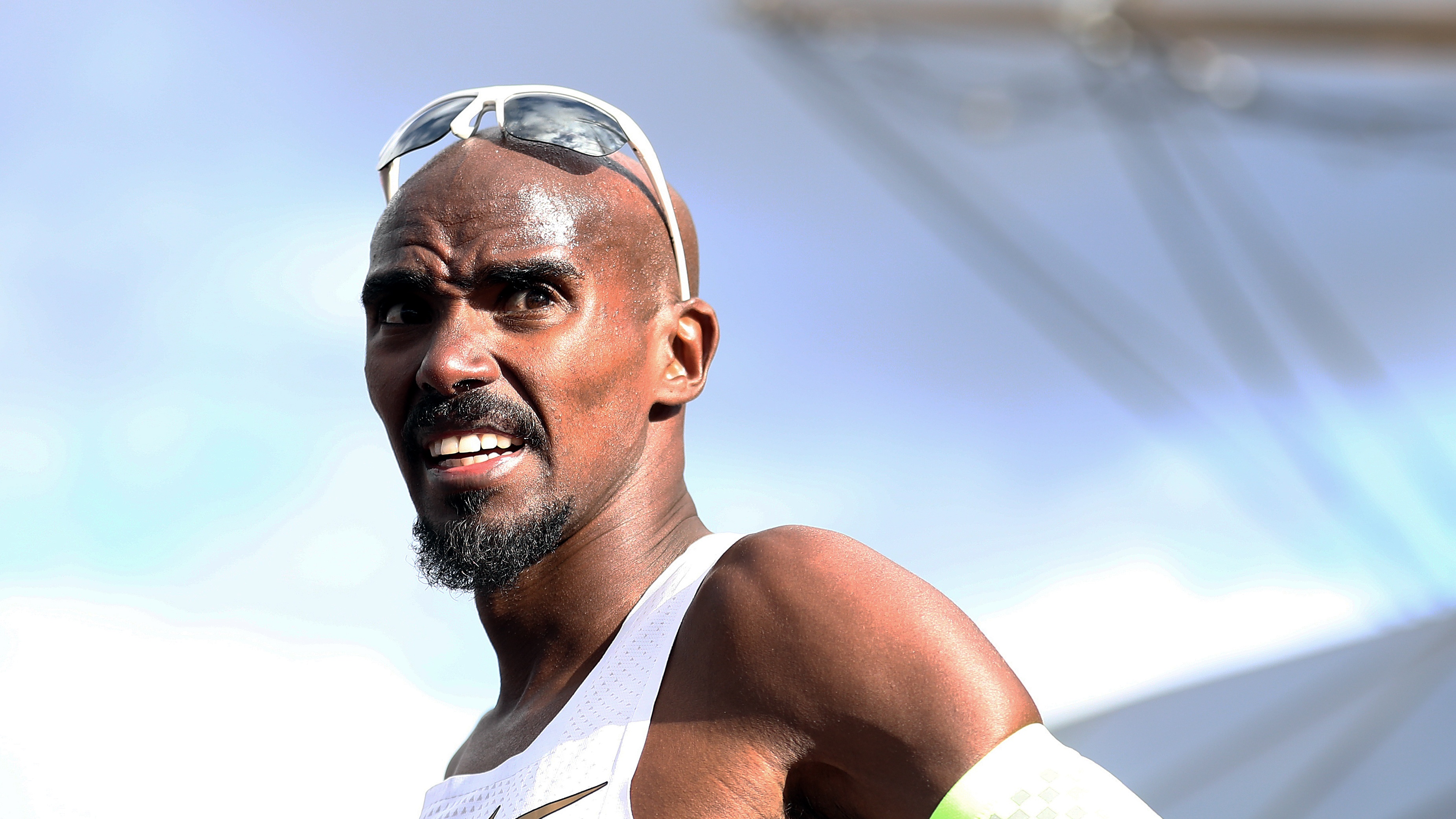 Mo Farah injection allegations: what is the reaction?
Mo Farah injection allegations: what is the reaction?Speed Read Panorama claims athlete changed story over performance-enhancing supplement
-
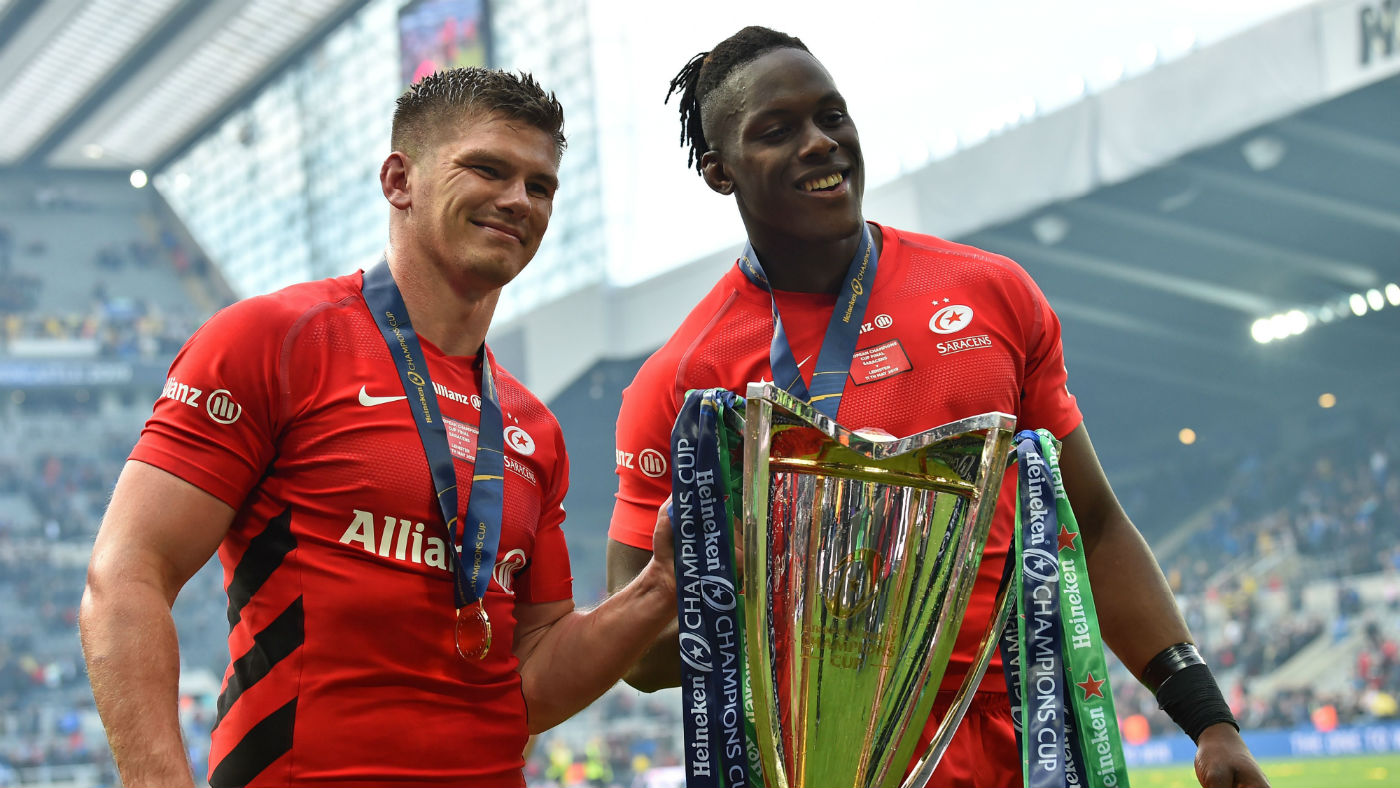 Sports shorts: Saracens face relegation, Andy Murray comeback on hold, Kane out for six months
Sports shorts: Saracens face relegation, Andy Murray comeback on hold, Kane out for six monthsDaily Briefing Ten things from the world of sport on Friday 17 January
-
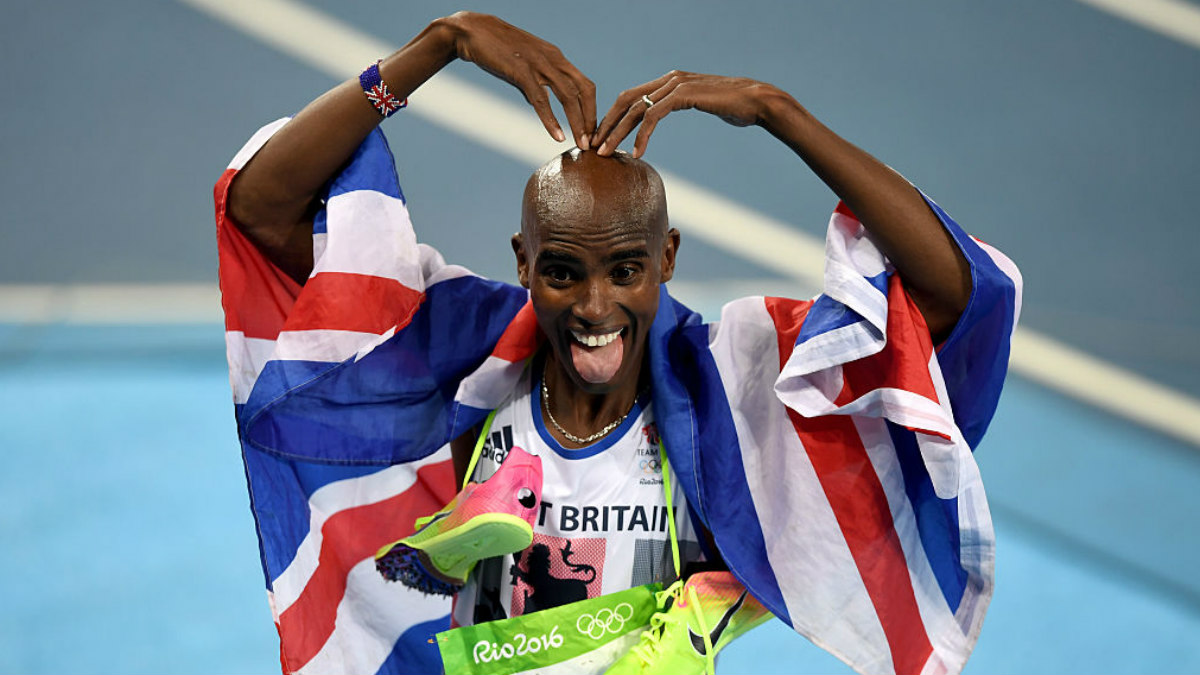 Sport shorts: Mo Farah to defend Olympic 10,000m title and Freddie Ljungberg takes temporary charge at Arsenal
Sport shorts: Mo Farah to defend Olympic 10,000m title and Freddie Ljungberg takes temporary charge at ArsenalSpeed Read Ten things from the world of sport on Friday 29 November